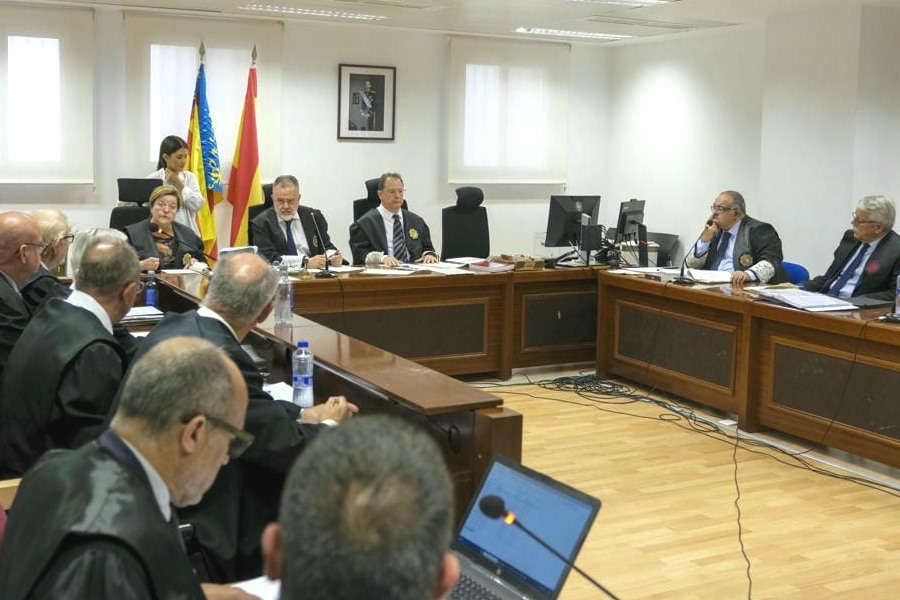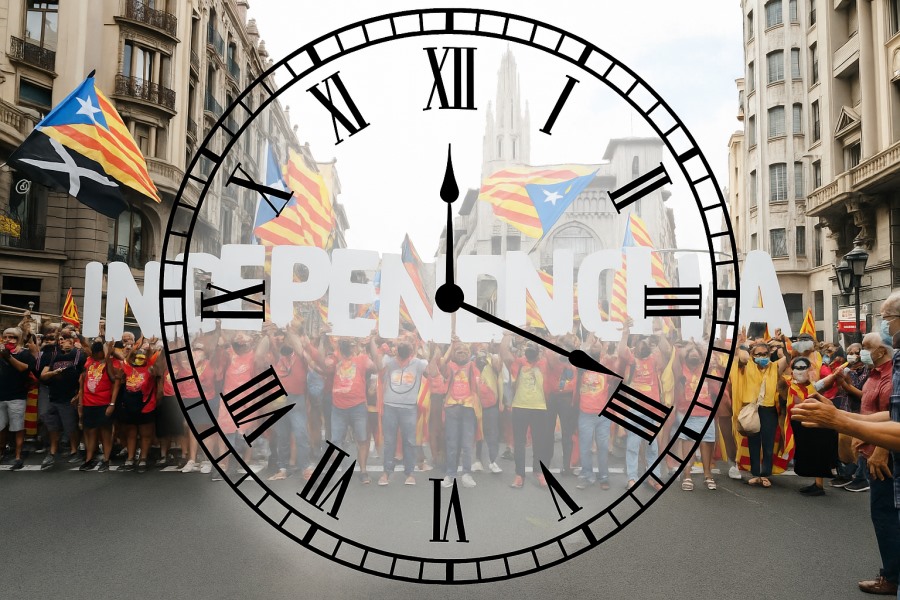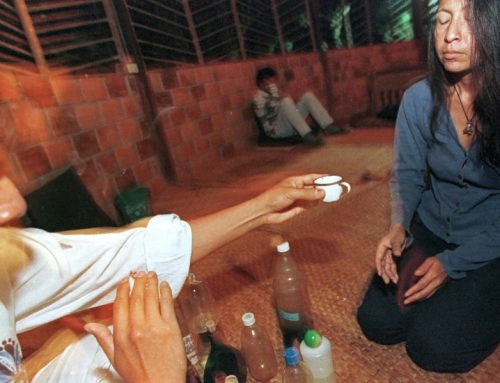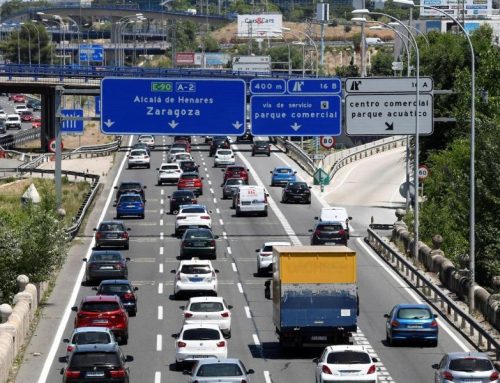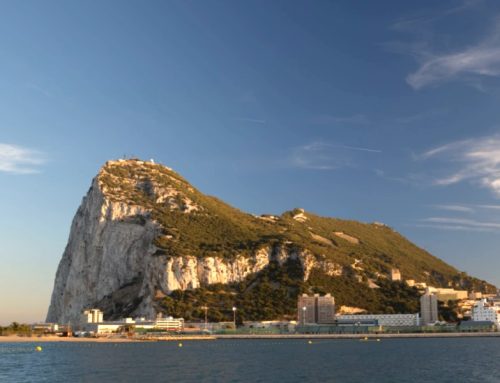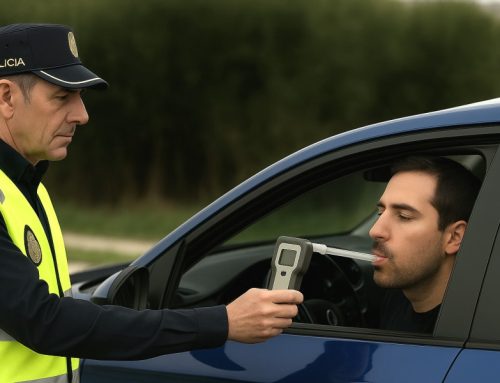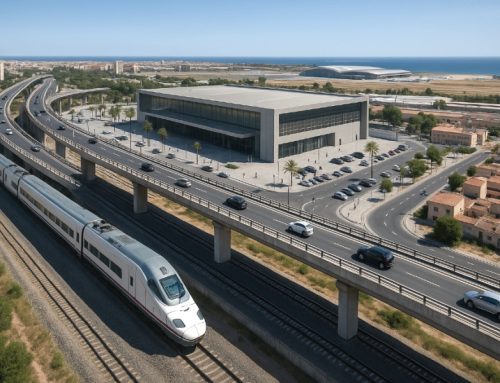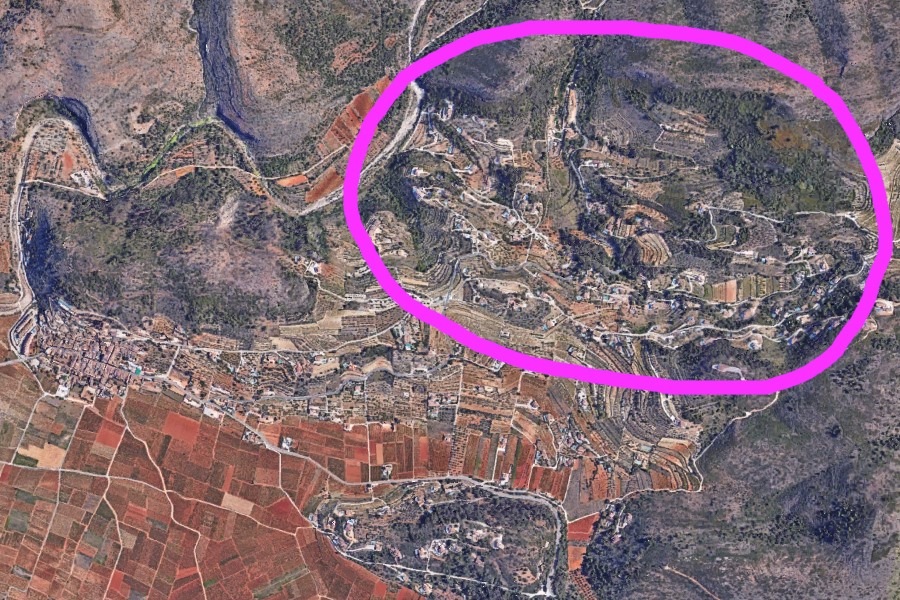
At the heart of the case were three men: former mayor José Mas, the municipal architect Amador Signes, and the developer Miguel Muntaner. Together they used this outdated and flawed framework to create an appearance of legality that convinced buyers and councillors alike. The mayor signed permits that he knew went against regional planning laws. The architect provided technical reports that supported those permits, while the developer acted as a link between the administration and the foreign clients. When the scandal came to light, the local council defended its actions by saying that every project had been approved by their ‘experts’ – who happened to also work for the municipality.
The court eventually sentenced the three developers, the architect, and the former mayor for fraud and urban planning prevarication. Muntaner received two years in prison, while the mayor and architect were fined and banned from public service for three years. Another former mayor, José Juan Reus, who is now the current mayor, was acquitted because there was no proof that he knowingly participated in the irregularities. Several councillors were also acquitted after the court decided that there was not enough evidence to show that they understood the true nature of the licences they approved.
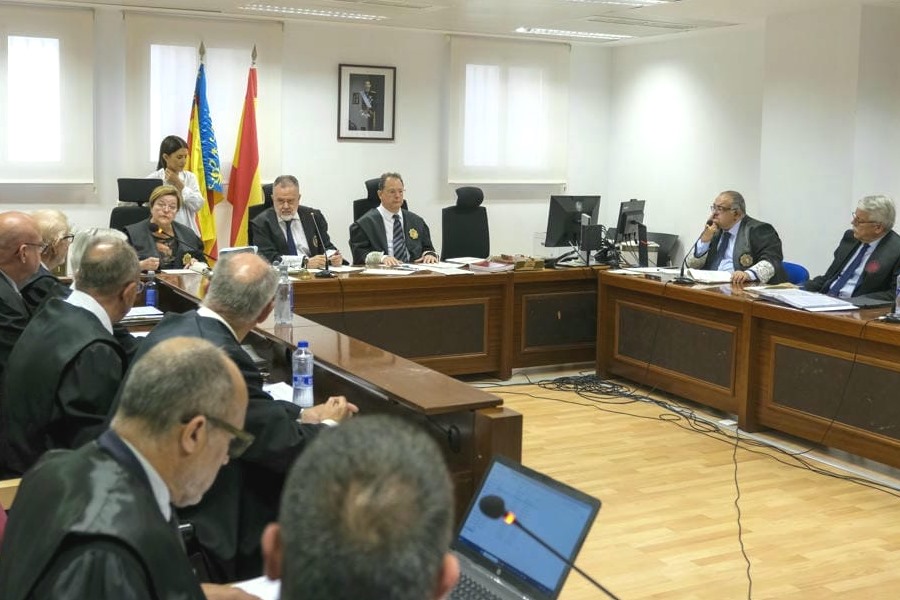
Many of the affected buyers were pensioners who purchased their villas in good faith, often through British real estate agents who promoted the area as a safe investment. Owners only discovered the illegality years later, when they tried to register their homes or get permission to connect to municipal utilities. Many of the properties never received occupancy licences or habitation certificates, which has made resale or inheritance complicated, and often had no water and electricity for years.
Over time, the regional government and the municipality of Llíber began to regularise some of the homes. Many houses have now obtained legal status through planning adjustments. Others remain in limbo, and wait for administrative review or proof that they meet safety and environmental conditions. For many owners, this case has meant almost a quarter-century of uncertainty, legal costs, and emotional stress.
As for compensation, the court ruling focused on criminal responsibility rather than financial restitution. Victims who wish to recover their losses must start separate civil claims against the developers. So far, there has been no wide compensation scheme for those who bought one of the illegal villas.
The Llíber case serves as a warning for anyone who plans to buy property in rural Spain. Use your own property lawyer, check the zoning of the land, confirm that the licence is indeed for residential use, and verify it with the regional housing authority, and not only the local town hall.
Llíber is still a charming place with quiet vineyards and panoramic views, but the scandal has left its mark – how much can local municipalities be trusted, and can they improve transparency? Can the same administrations that once approved illegal projects now guarantee proper oversight? Are they using taxes, payments, and public funds responsibly? How much faith can we have in other municipalities in the Costa Blanca, Alicante, and throughout Spain? We only just finished writing an article about the mayor of Santa Pola (Southern Costa Blanca) being jailed: (Click the language flag on the article page for your own language) https://www.cbsage.com/santa-pola-mayor-convicted-corruption-fraud/
The case still remains open to appeal before the Supreme Court. And the homeowners, who once dreamed of peace in the countryside, are still trying to live without fear that their homes might one day be declared illegal again.


